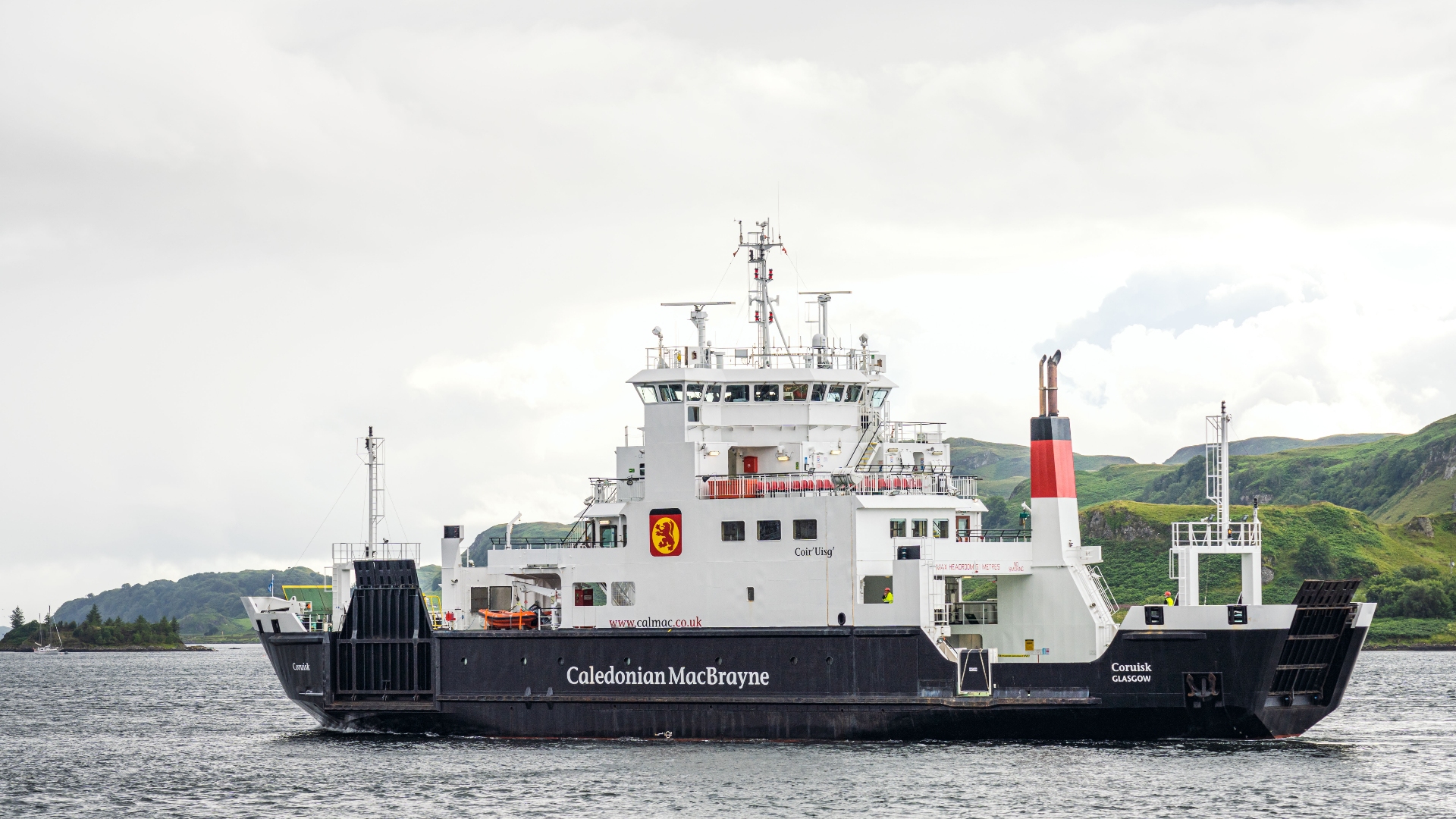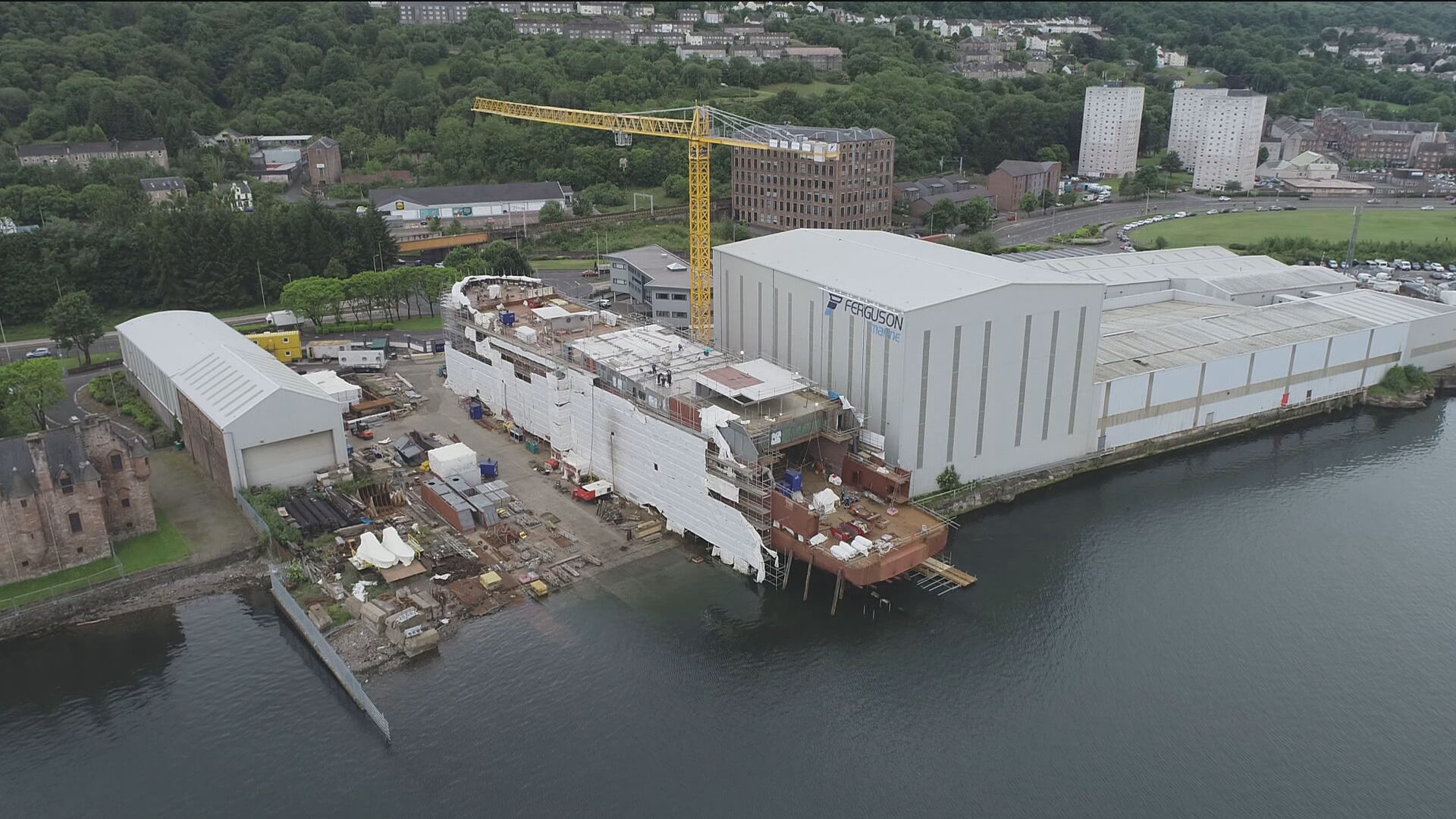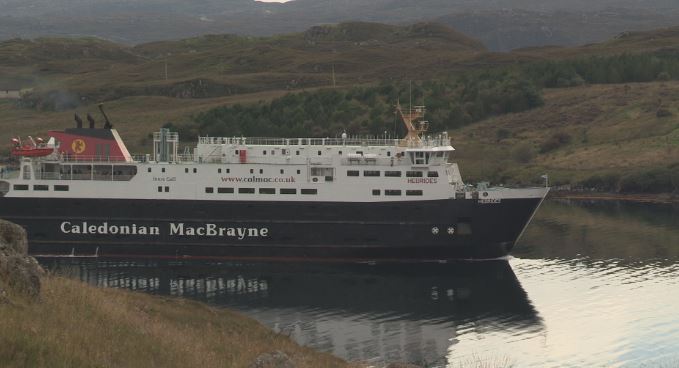A dictionary of adjectives would strain to fully convey the absolute shambles of the awarding and execution of the contract to build two new ferries on the lower Clyde desperately needed by Scotland’s rural communities.
On Tuesday night, in an excellent documentary on BBC Scotland, compelling evidence was broadcast suggesting the entire procurement process was fixed in favour of Ferguson’s, the winning shipyard which has since been nationalised after encountering financial difficulties in delivering this contract.
The programme alleged a breach of European Union Procurement rules. Specifically, the yard should probably have been eliminated from consideration as it failed to give financial guarantees required by CMAL, the agency overseeing the procurement process.
It was also alleged, that in order to get Ferguson’s over the line, they had a selective briefing not accorded to the other bidders.
This has echoes of Scotland’s other large scale procurement scandal: the Scottish Parliament Building project. An official inquiry in 2004 into what went wrong found breaches of EU procurement rules in the awarding of the contract to the late Catalan architect Enric Miralles.
 iStock
iStockMiralles’ firm should have been eliminated as he did not have the requisite professional indemnity insurance in place. He was also briefed by officials of the wisdom of hooking up with another practice as a means of getting on to the final shortlist.
The parallels between the Holyrood scandal and that played out in Port Glasgow don’t just extend to questions about how the contract was awarded. The cost over-runs have been huge, hundreds of millions in the case of Holyrood and at least £150m the case of the two Ferries.
In the case of Holyrood it was known that Miralles was the preferred architect of the then Scottish Secretary, the late Donald Dewar. Were procurement rules bent by officials to deliver what they thought would please their political boss?
Given the businessman Jim McColl had saved the Port Glasgow yard from closure it is probably safe to assert there was political goodwill towards his bid for the Ferries. Did officials take an elastic approach because they sensed that is what would please their political masters?
The case that the process was loaded, massaged, rigged in favour of Ferguson’s seems to me compelling. But was it corrupt, not just in the broad sense of that word but in the legal sense?
The Scottish Tories now want Police Scotland to investigate if criminality occurred. The Police need this like the proverbial hole in the head given the political sensitivities which surround it.
I suspect before they would commit what would be significant resources, they will need some compelling complaint highly suggestive of corruption.
The evidential threshold to make charges stick in court are extremely high and I would have thought unless there is a complaint of substance they are unlikely to go on a fishing expedition.
The two yards who lost out may want to assess the behaviour of CMAL and might well conclude that they should bring a civil action for damages given they would have spent considerable sums of money on their bids which appear to have been the subject of a rigged contest.
The BBC programme did a commendable public service but it was a bit more circumspect in the role and the culpability of politicians in this story.
 STV News
STV NewsThe procurement process tells us the end result of a tender but the questions about cost over-runs and mismanagement (they key issues) took place after the process was complete.
CMAL have certainly questions to answer but perhaps the fundamental issue here is why SNP ministers signed off on a contract when they knew (indeed were warned) that Ferguson’s could not provide financial guarantees to reimburse the taxpayer should they not be able to fulfil the contract.
Put simply, the Scottish Government took a punt, gambled that Ferguson’s could deliver. In agreeing to the contract, the risk transferred from a private company to the taxpayer and with disastrous consequences. This appears to me to be the key issue in the entire saga.
If ministers had refused to expose the taxpayer, the public purse would not have been short changed. But at the point when they signed off on the Ferguson’s bid, they implicitly handed the project a blank cheque.
I don’t doubt for one second that blame attaches to rather a lot of people for the totality for what has gone wrong, but the genesis of disaster was a political decision to gamble with taxpayers’ cash.
Now if you in your job take a decision which is so badly wrong that it goes to the heart of your competence, do you think you would last a second if you took a decision as disastrously as the one taken by ministers?
That no-one has resigned seems to me to suggest that politicians hold themselves to different standards to those of ordinary workers who would almost certainly be sacked if they displayed the levels of incompetence which mark the decisions in this case.
The First Minister has told Parliament on several occasions now that she takes responsibility for everything that happens on her watch, everything her government does.
I have one simple question.
What is the appropriate sanction for taking a decision that has short-changed the public purse of £150m?
Follow STV News on WhatsApp
Scan the QR code on your mobile device for all the latest news from around the country


 STV News
STV News

























